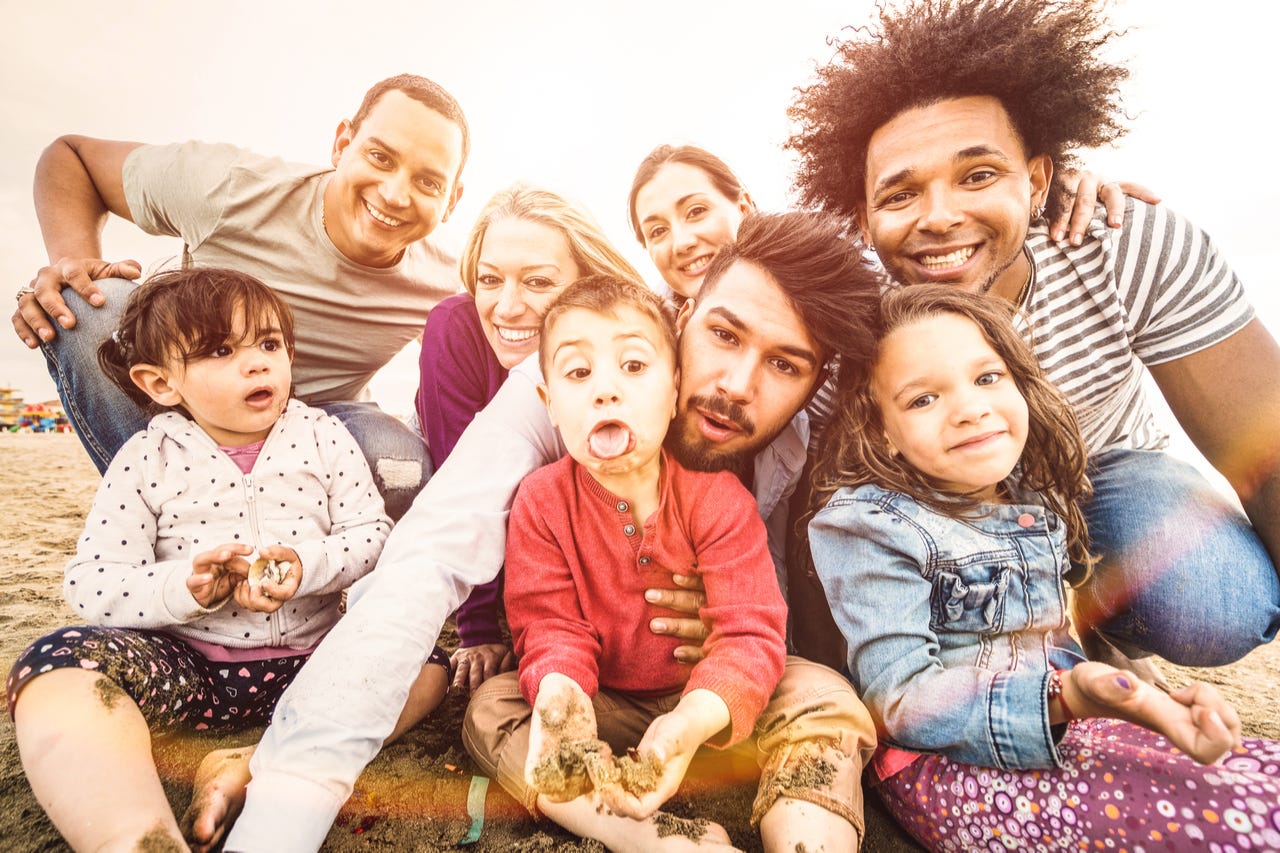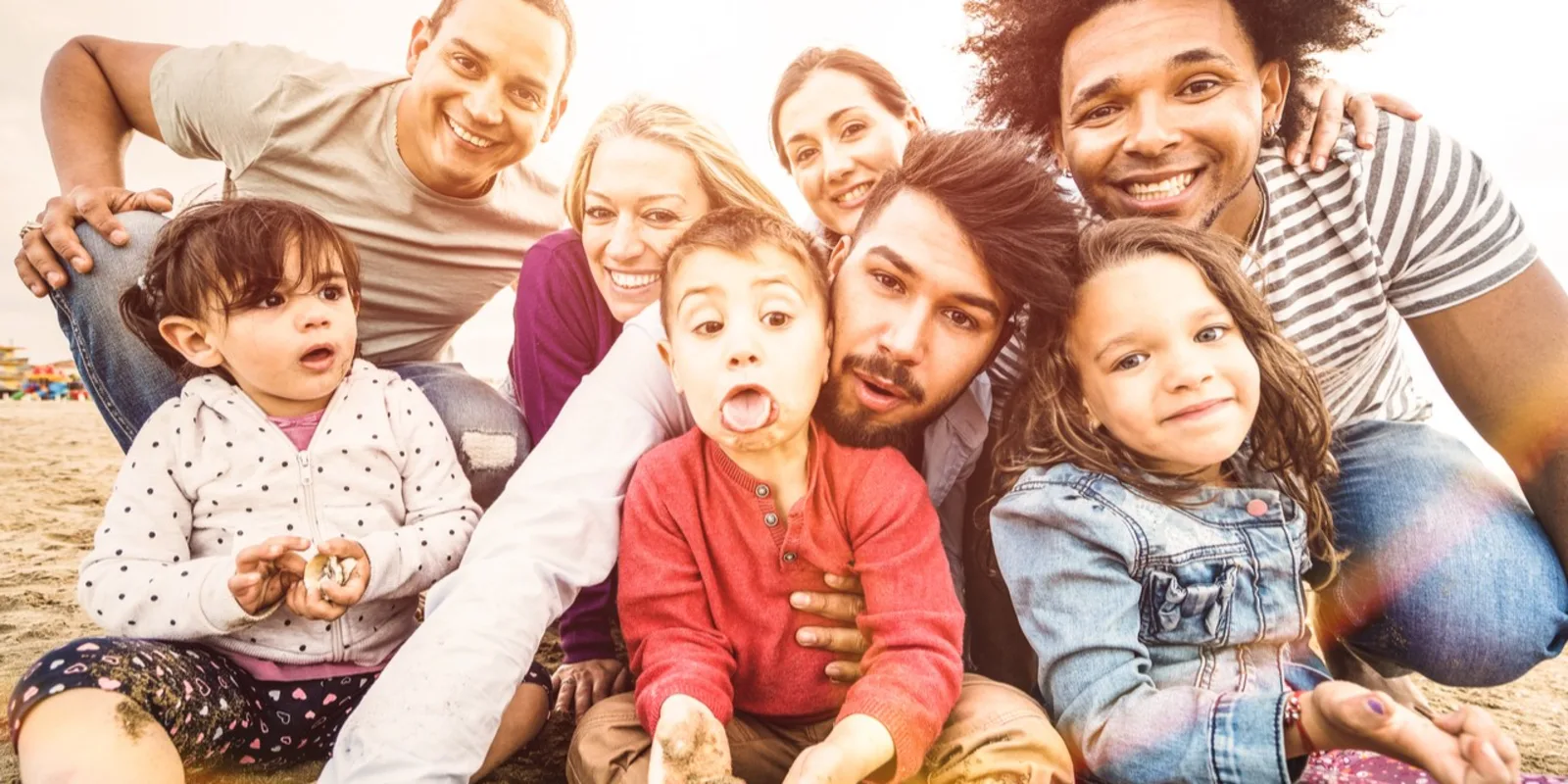
As an OB/GYN in practice for 27 years, I have been present for the creation of thousands of families. In the beginning of my career, the vast majority of those families involved a mom, dad, and their biological children. However, over the years, family structure has been changing, and I have had to change my understanding of family in order to support my patients during pregnancy and after childbirth.
Over the past few months, this change has become especially evident, as I had the privilege to be present at the beginning of some unique families.
A patient that we had cared for during her last two pregnancies chose to become a surrogate for a gay couple that resided outside of the US. Each of the men donated sperm that was used to fertilize a donor’s eggs (not from our patient), and the fertilized embryos were placed within her uterus to grow into a boy and girl. Seeing the smiles and tears on the fathers’ faces as they were each handed a baby was a reminder that love is found in many places.
The fathers’ ongoing consideration for the woman who had carried their babies — allowing her to hold and visit the babies during the next months as the paperwork was completed to allow them to take their children home — made evident their empathy and care. My patient’s post-partum visit involved a conversation about loss as well as gratitude for her help in creating a new family.
Pregnancy is not always a risk-free venture. Two years ago, one of our patients had an uncomplicated pregnancy followed by a severe post-partum hemorrhage that resulted in a hysterectomy in order to save her life. She and her husband wanted a second child to complete their family and were matched with a local woman to carry their biological child. The surrogate also happened to be our patient, and antepartum visits were scheduled so that both of the women could be there. It was a full house at the time of the 20-week ultrasound appointment, when both husbands were also present. The two families planned for the surrogate, her husband, and their children to remain as extended family after the child is born.
During her annual exam last year, one of my long-term patients, whom I had seen during the birth of her child 5 years earlier and through a subsequent divorce, lamented the fact that her son would not have a sibling. Her vision of a family with two children was quickly fading as she approached the age of 40. We discussed other ways to create the family that she wanted, and one year later she delivered a healthy daughter created using donor sperm and artificial insemination. Along the way, she had extended her “village” of support to include men who would provide nurturing to both of her children.
One same-sex female couple also chose artificial insemination with donor sperm but found the selection process for the donor more difficult as the couple wanted the donor to reflect their mixed-race relationship. Their beautiful olive-skinned child will be born at the end of the summer.
I always enjoy visiting with my patients at their annual exams, especially when I have a special bond having delivered their children many years earlier. A bittersweet moment happened a few weeks ago as a patient in her late 50s broke down in tears describing the mental health issues of her son, whom I had delivered early in my career. Those tears ended in smiles as she showed me pictures of his three year-old son, whom she and her husband are adopting and will raise with the help of their son. Instead of retirement plans, she is making plans for kindergarten.
The unique structure of my own family has made me understand that the social structure of our patient’s families affect their physical and mental health. After giving birth to three sons, my husband and I adopted two daughters from Korea and China. Raising children of color in a predominately white society requires discussions about racism and intentional relationships with other cultures. When a friend experienced premature ovarian failure, I offered to donate eggs so that she and her husband could create a family. We have developed a “cousin” relationship with my egg donor children that has both challenges and rewards. All of these struggles have enriched our family, but not without the need for some difficult conversations.
Ultimately, part of our jobs as physicians is to recognize these same familial relationships with our patients so that we can better understand their healthcare needs.
Leslee Jaeger, MD, is a OB/GYN in Minnesota and an advocate for women’s health. She is a 2018–19 Doximity Author.






